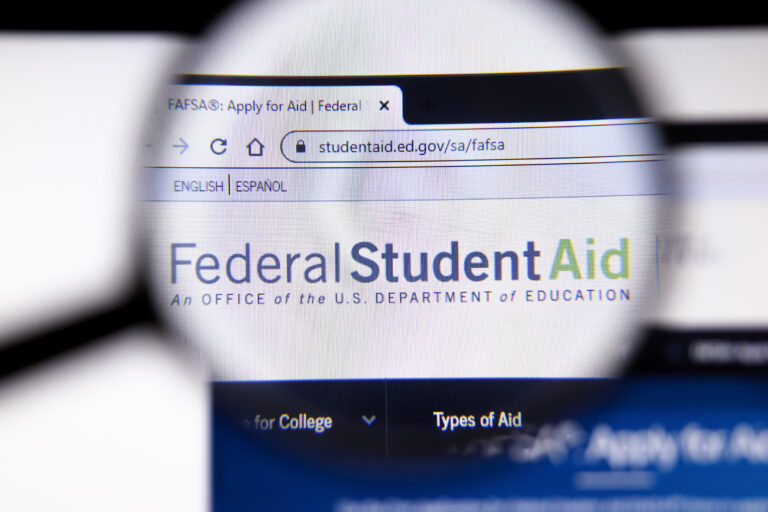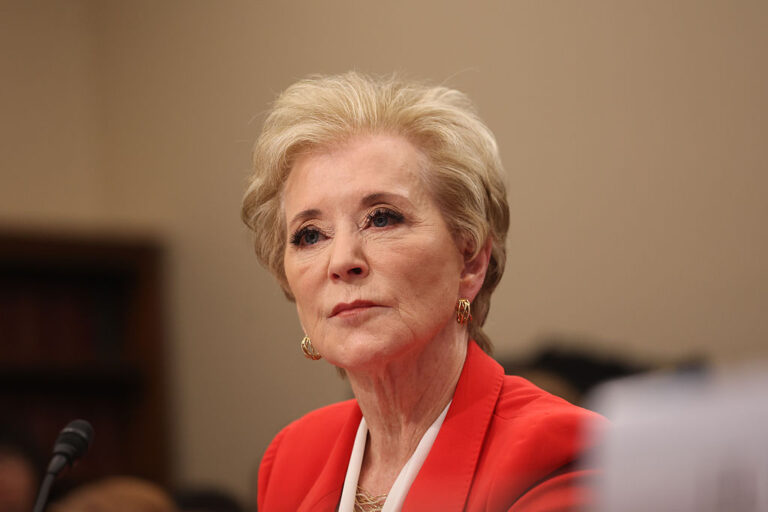The U.S. Department of Education (ED) announced that colleges and universities will not be able to submit batch corrections on FAFSA records for the 2024-25 aid cycle, just over a month after promising that this functionality would be available in mid-August.
- What are batch corrections? Batch corrections are a routine—but critical—process that enables financial aid administrators to make bulk adjustments to FAFSA records. Most institutions process hundreds, if not thousands, of corrections each year, and batching allows for more accurate and efficient financial aid processing and distribution.
- This functionality is typically available as soon as the FAFSA goes live—historically on October 1, which didn’t happen last year and probably won’t happen this year either. [The Chronicle of Higher Education]
ED’s decision is based on two factors: institutions wouldn’t be able to complete batch corrections before the fall semester anyway due to delayed delivery, and the Department is prioritizing a “well-tested, robust, and end-to-end launch” of the 2025-26 FAFSA form. [Higher Ed Dive]
Why it matters: Without batch processing, financial aid professionals will have to submit each and every correction for individual students manually. This will slow down the corrections process considerably and add another level of difficulty for financial aid administrators who are already spread thin.
It will also delay the disbursement of aid, which will disproportionately impact students who have had a change in circumstance or household income, or who have other special financial aid considerations. [NBC News]
- “The Department’s poor planning has led to a stunning failure: Some college students might not have financial aid dollars in their hands in time to start classes in the next few weeks. And for schools, the impact of today’s announcement means more than a few extra hours of work. It’s the difference between pushing a button versus making thousands of keystrokes in terms of administrative burden,” said Beth Maglione, interim President and CEO of the National Association of Student Financial Aid Administrators (NASFAA), in a July 30 statement.
What’s next: ED announced the availability of no-cost corrections assistance to institutions via Third-Party Servicers (TPS), prioritized by need and volume of corrections. ED is also extending certain regulatory flexibilities for institutions to help alleviate the strain.
Zoom out: This announcement comes less than one week after Education Secretary Miguel Cardona was subpoenaed by Rep. Virginia Foxx (R-NC), chair of the House Committee on Education and the Workforce, to answer up on the Better FAFSA rollout, a still-burning dumpster fire that dramatically lowered FAFSA completion and threatens to cause an enrollment cliff.




